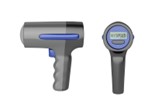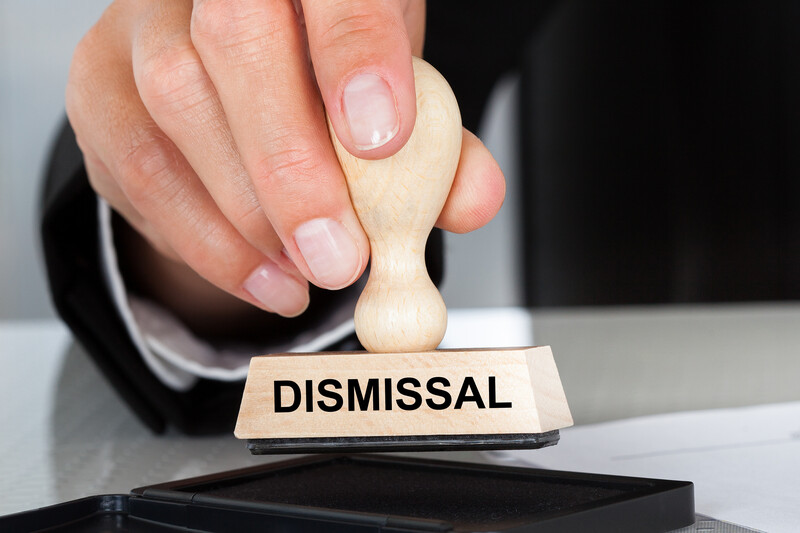Evading Arrest
What is Considered Evading Arrest In Texas?
The simple act of being pulled over for a traffic violation is full of tension. The possibility of being placed in handcuffs and a police cruiser can spark a much deeper fear. Some people panic when they see police chasing them. They run, or worse, drive away.
Unfortunately, that act is illegal in the state of Texas. It’s called evading arrest and can pile more penalties onto your case than the originating violation. Evasion can be anything from a high speed car chase, to running from a police officer attempting to lawfully detain you.

Deadly Conduct is generally classified as a Class A misdemeanor, punishable by a fine of up to $4,000, up to one year in county jail, or both. However, if the offense involves discharging a firearm in the direction of a habitation, building, or vehicle where people may present, it is elevated to a third-degree felony. The penalties for a third-degree felony can include imprisonment for two to ten years, along with potential fines.
Defining Evading Arrest
Under Texas law, a person commits the offense of evading arrest if they intentionally flee from a person they know is a peace officer attempting to lawfully arrest or detain them. It’s important to note that the offense can apply even if the arrest or detention is later determined to be unlawful.

Intention is a conscious objective or desire to engage in specific conduct (such as running away from the police) or to cause the result of the behavior. However, you must reasonably know that the person chasing you is an officer of the law attempting to arrest or detain you.
Evading arrest is not the same as resisting arrest. Evasion includes running or driving away from law enforcement. Resisting includes physically and intentionally preventing or obstructing someone you know is a police officer from arresting, transporting, or searching you.
Penalties of Evading Arrest
First of all, you cannot be charged for evading arrest unless there is a reason for the officer to arrest you. There must be a reasonable belief that you have committed a crime. Without a reason to arrest you, there can be no evading arrest.
The severity of the offense and the potential penalties depend on various factors, such as the circumstances of the incident and whether any aggravating factors are present. Evading arrest is generally classified as a misdemeanor, but it can be elevated to a felony offense under certain circumstances. For example:
- Evading arrest is a Class A misdemeanor if the person evades arrest on foot and it does not result in serious bodily injury to any other person.
- If the evading conduct has occurred after the person has already been convicted of an evading offense, the conduct can be a state jail felony.
- It becomes a third degree felony if the person uses a vehicle while evading arrest, regardless of whether or not it causes injury or death to another person.
You may receive harsher penalties if anyone is harmed in your attempt to evade arrest. Causing serious bodily injury or death while attempting to flee from police while evading arrest is a second-degree felony.
Potential Defenses
A skilled lawyer will seek to determine whether the State can prove that the arrest was lawful and whether the State can prove that you acted with intent. Some questions that your lawyer may want answers to include:
- What did the police do to attempt the traffic stop? Did they use a siren? Were they in a marked vehicle?
- How much distance was covered between the police requesting a stop to when the driver pulled over, and how long did that take?
- How much time and distance was covered between the driver noticing the police, and pulling over?
- Did the police have probable cause (or reasonable suspicion) before they attempted to make the stop?
- Were there any witnesses present?
- Are there video or audio recordings of the event taking place?
- Was there a lot of traffic when the traffic stop was requested? What were the road and weather conditions like? Were there safe opportunities for the driver to pull over?
- What speed did the police have to maintain for a pursuit—if there was one?
- What speed was the driver traveling at?

Hiring a Competent Lawyer
By gathering all of the facts, an experienced lawyer can then present competent arguments for the defense. Any errors made by the police could help to get either a plea bargain or even a dismissal of the case.
If you have been charged with Evading Arrest in Texas, get in touch with a trustworthy criminal defense attorney immediately.
Not all lawyers have experience in criminal defense or traffic offenses. At Shane Lewis Law, we have over a two decades of experience in criminal defense. We know how important choosing the right lawyer is. An inexperienced lawyer could end up costing you more money, and years of jail time.
Call our office for a free consultation today.
817-877-1500
Arlington Deadly Conduct Defense Attorney
If you or a loved one is facing a misdemeanor charge, please reach out to an experienced Arlington Defense Attorney today. These kinds of mistakes or misunderstandings happen to good people everyday. There is no need to let this mess up your future. With an Arlington Defense Attorney’s skill and experience, you will be able to move on with your life and put it all behind you.


